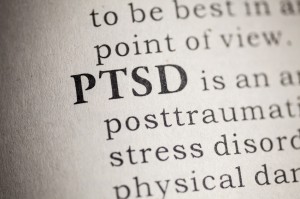Overthinking always proves to be a nuisance for anyone, regardless of your social status or background. Obsessing over that embarrassing thing you wish you’d never said, or obsessing over that compliment you wish you’d said, or obsessing over your child’s future, or obsessing over that job position or raise you know you deserve to have – in the end we all obsess over the same things in life. Some have the luxury in having these thoughts in passing, only to forget about them when kept busy, while others need professional guidance in order to escape their vicious circular thinking.

Obsessive thoughts can be the result of a high stress environment, traumatic occurrence or just out of sheer habit developed at a young age. These invading thoughts may be in the form of an idea, an image, or a memory. It has a mind of it’s own in that when you try to suppress them, they push back even harder to occupy the host in its entirety.
If you are dealing with obsessive thoughts and you do not seek real help, you are running the risk of facing a more serious issue further down the line. Living life at the mercy of your obsessive thoughts can cause you to lose your sense of reality, your motivation to move forward, and you risk suffering from a sever lack of focus. Having a thought replayed like a broken record player in your mine so many times will make you question the validity of yourself and your self worth. Your desire to enjoy life will decline and worse case scenario, you will no longer feel the want to continue your life.
Replacing negative thoughts with positive ones is a lot easier said than done. It takes time but to every problem, there is a solution. It IS possible to retrain our brains to focus on healthy things above soul-deteriorating thoughts. But first, the first step is to acknowledge your need in wanting for yourself, a peace of mind.





 If you suffer from
If you suffer from